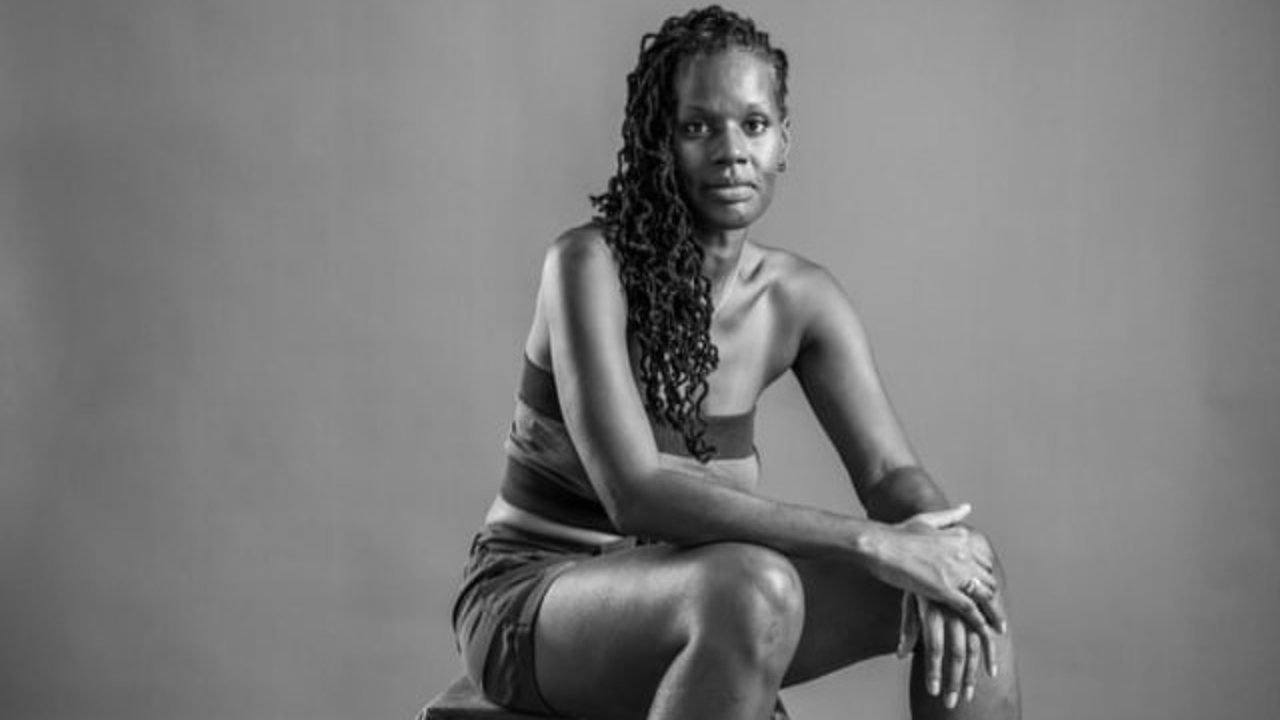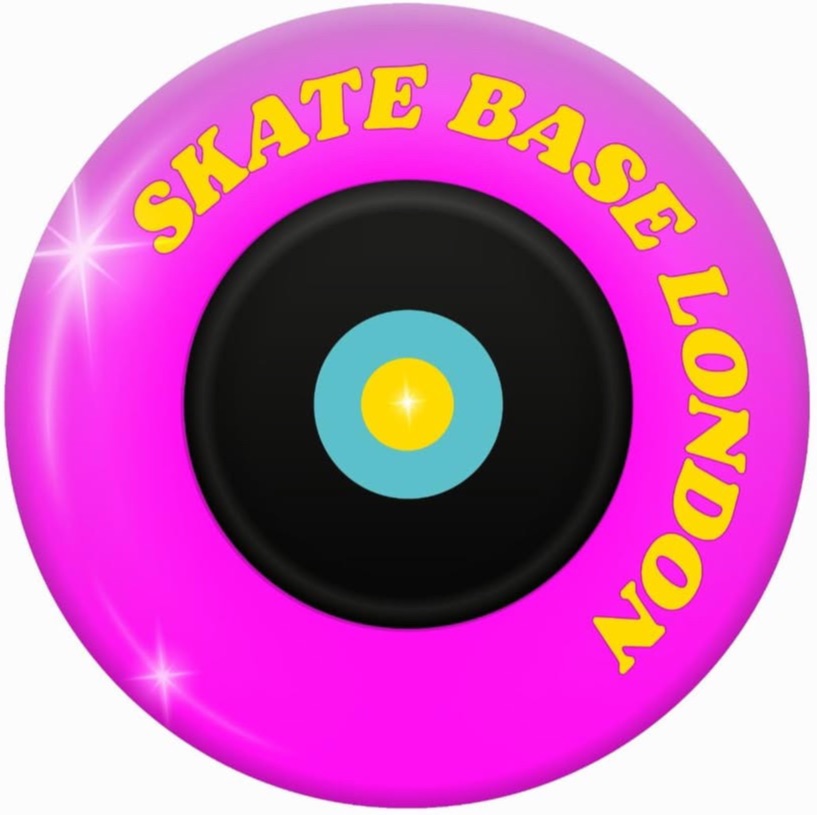
Although I learned to skate at a very young age, I had decades where I didn’t skate very much at all. It wasn’t until I rediscovered my love for skating in 2021 (at age 46) that I got into it in a big way. It was only then that I established a passion for rhythm skating. I haven’t looked back since. Who’s to say that you can’t skate at 40 and beyond?
Things To Consider When You Skate at 40 Plus!
Of course, there are some considerations to be aware of if you choose to skate at 40. After 40, both the mind and body can feel, well let’s just say a little more sluggish! However, this isn’t reason enough to not pursue your roller skating goals. It could be the very thing to boost your feelings of good health, vitality and wellbeing.
Yes, it’s true that many people over 40 experience various changes such as:
Physical Changes
- Metabolism Slows: Weight gain can become more common as metabolism decreases.
- Muscle Mass Declines: Sarcopenia, or loss of muscle mass, may start to occur, affecting strength and mobility.
- Bone Density Loss: Bones can become less dense, increasing the risk of fractures.
- Joint Health: Wear and tear can lead to joint stiffness or arthritis.
- Vision and Hearing: Changes in eyesight (like presbyopia) and potential hearing loss may begin.
Mental Changes:
- Cognitive Function: Some cognitive processes, like processing speed, may slow, while others, like wisdom and problem-solving, can improve.
- Memory: Short-term memory may decline, but long-term memory often remains stable or improves.
- Emotional Regulation: Many people find they have better emotional regulation and resilience.
- Stress and Mental Health: Life changes (like career shifts or family dynamics) can impact mental health; some may experience increased stress or anxiety.
All of which can of course negatively impact your desire and ability to get the most out of roller skating. However, we should also not dismiss the potential benefits that all of the elements that engaging with skaters can bring.
These changes will vary hugely from one person (or day!) to the next.
What Are The Benefits When You Skate at 40?
As we mature beyond 40, staying active becomes increasingly important for both physical and mental well-being. One enjoyable and invigorating activity that often flies under the radar is recreational roller skating. While it might be associated with childhood memories or youthful fun, roller skating can be an excellent choice for individuals in their 60s. Staying active promotes better sleep, energy levels, and overall well-being. Here are several benefits of lacing up those skates later in life.
1. Physical Fitness
Roller skating is a fantastic low-impact workout that promotes cardiovascular health, improves strength, and enhances flexibility. It engages various muscle groups, particularly in the legs, core, and glutes. It’s a full-body exercise that can help maintain a healthy weight and improve balance and coordination. Likely, roller skating regularly may be a greater focus on health and wellness, leading to healthier choices.
2. Joint-Friendly Exercise
Unlike running or other high-impact activities, leisurely roller skating is fairly gentle on the joints. The smooth gliding motion minimises stress on knees and hips, making it an ideal option for those with joint concerns. This low-impact nature allows for longer skating sessions without heavy degrees of wear and tear on the body, particularly if you keep your skating style casual.
3. Improved Balance and Coordination
Skating helps enhance balance and coordination, which naturally decline with age. The need to maintain stability on skates promotes core strength and proprioception, reducing the likelihood of falls. Regular skating can contribute to greater confidence in mobility, whether on skates or foot.
4. Mental Health Benefits
Physical activity is known to release endorphins, the body’s natural mood lifters. Roller skating can reduce symptoms of anxiety and depression, providing a sense of freedom and joy. The rhythmic motion of skating and the music often played in rinks can evoke a sense of nostalgia and fun, adding to the mental health benefits. Many older skaters report a sense of increased fulfilment and perspective (often feeling more secure in their identity) as they become immersed within their skate communities.
5. Social Interaction
Many roller skating venues offer group sessions, classes, or themed nights, creating a vibrant social atmosphere. Engaging with others can support new friendships and a sense of community, combating feelings of loneliness and isolation that some people may experience as they age.
6. Cognitive Benefits
Learning to skate at 40 and beyond (with all of the skilful moves and fancy footwork) can keep the mind sharp. The focus required for skating—whether it’s navigating turns, maintaining balance, or mastering new moves—engages cognitive functions. This mental engagement is essential for maintaining brain health and may help limit cognitive decline.
7. Fun and Enjoyment
My favourite, and perhaps the most significant benefit of learning to skate at 40 is the sheer fun of it! It’s an enjoyable way to exercise that can reignite a sense of adventure and playfulness in us 40 plusses! Whether skating indoors or outdoors, vibing and flowing on 8 wheels offers a refreshing break from any mundane routine! Learning something new can be incredibly rewarding. Mastering new skate moves or rhythmic dance steps can boost confidence and provide a sense of achievement. Is a joyful activity that can rekindle a sense of playfulness, no matter your age. So as you can see, there are several elements to enjoy when you skate at 40.
Getting Started Safely
If you’re new to roller skating or returning after a long sabbatical, you may want to consider these basic safety considerations to get started safely (so you can enjoy the fun parts more fully):
- Wear Protective Gear: Invest in a good pair of skates and consider wearing a helmet, wrist guards, and knee pads for added safety.
- Choose the Right Environment: Start skating in a safe, flat, and spacious area, such as a local rink or park. Ask around to find out where the roller skaters may be hanging out, you may even find a more experienced skater who is happy to help you.
- Take it Slow: Begin with short sessions to build your confidence and stamina. Give yourself plenty of time to settle into mastering the new skills you're being exposed to.
- Consider Classes: Many skating rinks, as well as some community centres, offer beginner roller skating classes, which can be a great way to learn and meet others who also have a passion for skating. There are plenty of resources—online tutorials, and community events—specifically designed for adult beginners.
Online videos can provide helpful tips and techniques. There is so much inspiration to be found online. Social media is an amazing resource for roller skating tutorials. You are welcome to join my community on YouTube, Instagram, TikTok, and Facebook for adult roller skater beginner tips.
Starting roller skating at 40+ can be a refreshing and fulfilling choice. Just remember that consistency is most definitely the key to success. Once you can perform a skill, regular practise will likely improve the quality of your performance. Set aside some time to practise what you have learned so you can reach the next level.
Don’t over-extend yourself too quickly – take your time to develop your skills and build your confidence. SSkaters should stretch before and after skating (especially important as you get older) to prevent injuries.
The key to learning to skate at 40 and beyond is to set realistic goals and be consistent in your practise and dedication. With a little bit of patience, you will find that your enjoyment and success in roller skating will continue to grow.
Summary
In summary, learning to skate at 40 (plus) can be a fun and rewarding activity! If you don’t have any major physical reasons preventing you from skating, then it’s not too late. It’s only too late if you say it is. And, if you say it isn’t, then that will also be true. In the end, only you can decide! Recreational roller skating offers a multitude of benefits for those in their 40’s, 50’s, and 60s (and possibly beyond) combining fun with fitness and social interaction. Embrace this vibrant activity as a way to enhance your quality of life, stay active, and connect with others. Finally, surrounding yourself with a supportive network of family and friends can help to keep you motivated when things get tough. Taking these considerations onboard. If you’re mindful of the considerations outlined above, you stand a great chance of staying motivated and achieving a great number of your skating goals. There’s no reason why you can’t enjoy learning to skate at 40 and beyond, I certainly plan to! Please share your thoughts, ideas, and perspectives in the comments below.
Click HERE to read other articles.



